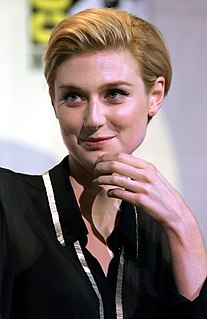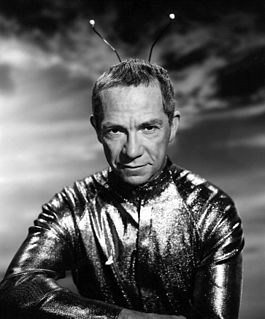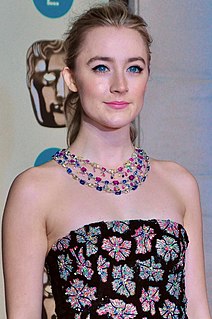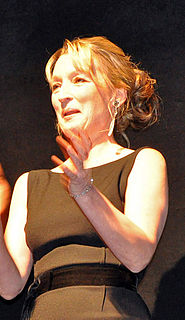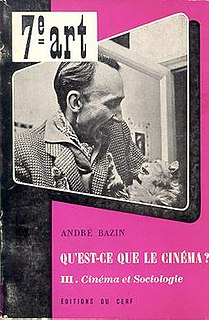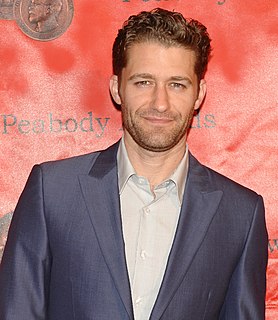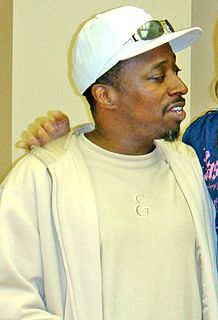A Quote by Elizabeth Debicki
On a film set, everything's done for you. You get to a stage where you can't even remember the last time you made yourself a sandwich. The crazy thing is that, as actors, we're trying to portray the human condition, but we're often not living in reality.
Related Quotes
In any film business, if you're trying to get your next film made, you would never say, 'Oh, my last film was a cult film.' I'd say, 'Oh, great, well I hope this one isn't!' I always say to Johnny Knoxville, 'How do you do it? You sort of do the same thing we did, except you made millions, and I made hundreds.'
Some people do stage and film. Some people are film actors, and some people are stage actors. I'm quite sure that any of the actors who did the original production of 'August' could have done the film of 'August.' I don't think any of them were particularly surprised when they didn't wind up doing the film.
I was 12 and I remember everything. I mean, I had done two films before that. The first was actually with Amy Heckerling. It was so brilliant to work with her on my first film. Atonement was the third one I'd done, and I remember how it felt to arrive on set every day. I remember how it felt to get my wig off at the end of the day. I remember how hot it was.
Not only do I look at the playback with the actors, but I look at the on-set assembly footage with the sequences with my actors as well. These are the reasons why I take twice as much time to shoot a film in Korea. Thinking back, I remember on my first ever Korean film, I never used any playback or on-set assembly, so all I had to do was to tell myself it's just like making my first ever Korean-language film. After that, I felt right at home.
If you deny any affinity with another person or kind of person, if you declare it to be wholly different from yourself - as men have done to women, and class has done to class, and nation has done to nation - you may hate it or deify it; but in either case you have denied its spiritual equality and its human reality. You have made it into a thing, to which the only possible relationship is a power relationship. And thus you have fatally impoverished your own reality.
Stage is the ultimate test; I like watching established screen actors on stage to see if they can really do it. But it's great to have a healthy mixture of the two. Film is so technical: there's something very particular about the relationship between you and the camera. It took a long time for me to get good on film.
Today we can say that at last the director writes the film. The image--its plastic composition and the way it is set in time, because it is founded on a much higher degree of realism--has at its disposal more means of manipulating reality and of modifying it from within. The film-maker is no longer the competitor of the painter and the playwright, he is, at last the equal of the novelist
See, the first thing about actors is, you're just trying to get a job; and you audition and audition and you finally get them. And you still consider yourself an auditioning actor. I auditioned for One Fine Day, I wasn't offered that. So you're still in that 'Hey, I'm just trying to get a job' thing. Then, you get to the point where, if you decide to do it, then they'll make the film. That's a different kind of responsibility, and it usually takes a couple of films to catch up. And then you have to actually pay attention to the kind of films that you're making.
You try to do as much as you can on set because practical looks cool and practical looks great. Until you get to a point where the reality is you look at it - and I went through this in my last movie which was a war film, which my brother fought in Iraq and I did a ton of research and as much as I could made it documentary-like - and then at some point on set, the reality is somebody says to you, "You know, you can use a real squib and you can have three hours of clean up and you can lose five shots or we can do that blood explosion in post and you can get those five extra shots."
We who lived in concentration camps can remember the men who walked through the huts comforting others, giving away their last piece of bread. They may have been few in number, but they offer sufficient proof that everything can be taken from a man but one thing: the last of the human freedoms -- to choose one's attitude in any given set of circumstances, to choose one's own way.
